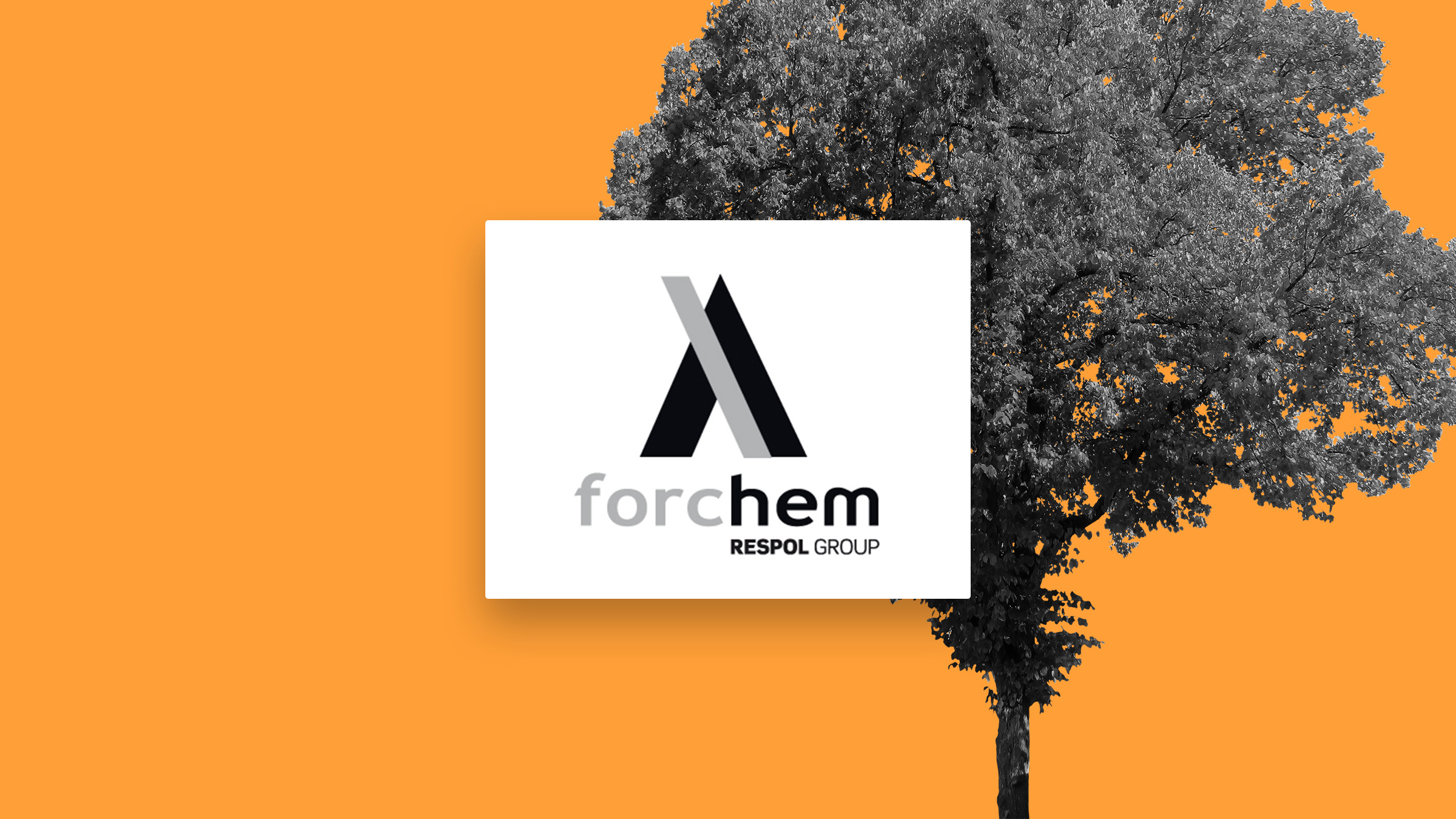Problem
Forestry-based production generates a lot of surplus raw materials, such as crude tall oil as by-product of pulp production. This and other raw materials thus generated are not yet used to their fullest extent. Crude tall oil is often used as a source of energy or refined into transport fuel, even though it has been refined into economically more valuable products for decades. If crude tall oil were refined further and used for producing longer-lasting products, it would bind the carbon contained in it for longer, which would be environmentally advantageous.
Solution: tall oil as replacement for fossil raw materials
Forchem refines crude tall oil into different renewable products, such as tall oil-based fatty acids that can be used for replacing fossil raw materials in products such as paints or antimicrobial feed stuffs. The company does not produce the final products, including different paints, coating products, adhesives and antimicrobial feed stuffs, itself. Forchem’s refining process increases the value of tall oil compared to using it for energy.
Forchem’s revenue logic and benefits
Forchem buys its raw materials and the steam used for the refining process from a pulp mill. The company manufactures and sells products made of crude tall oil generated as side streams from pulp mills. The raw materials Forchem cannot upgrade are sold back to the pulp mill for energy use. In addition, the tar pitch generated by the tall oil refining process is sold back to the pulp mill. The company is continuously looking for new opportunities to utilise tall oil in products with a high added value.
Benefits to customers and end users
The customers include re-processors of different chemical products, to whom Forchem’s products provide a renewable raw material to replace fossil raw materials made from the side streams of the forestry industry.

















Recommended
One more?